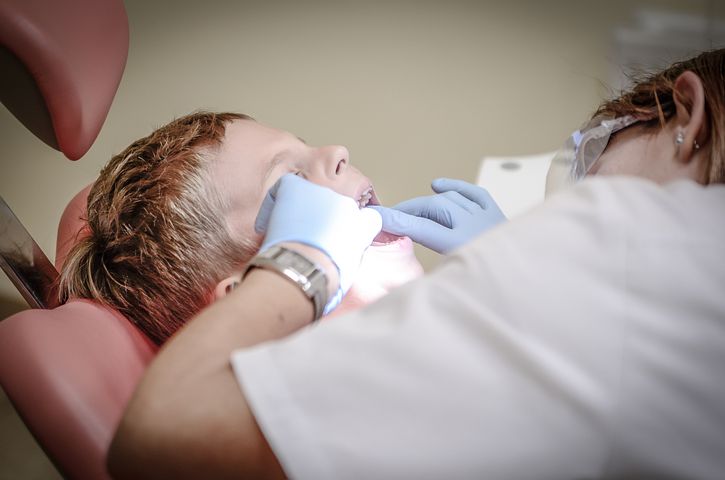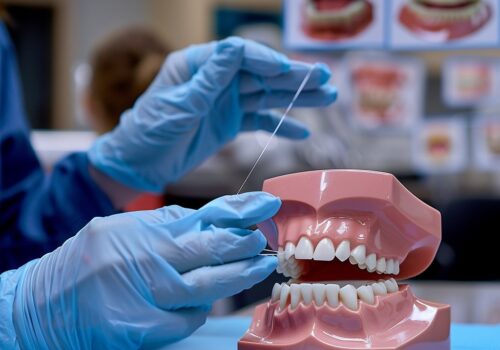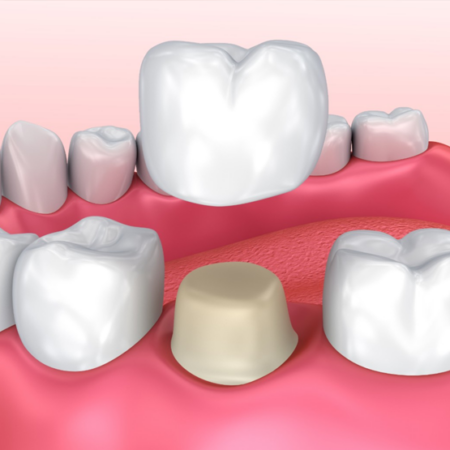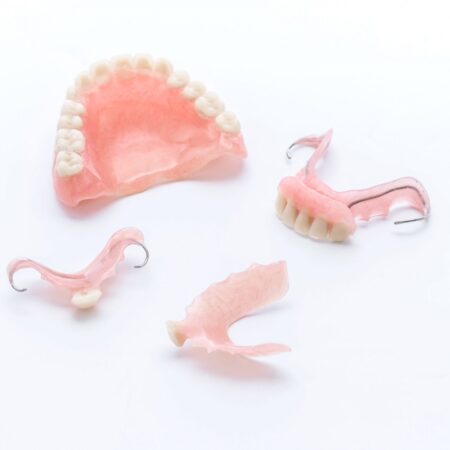Who performs oral surgery?
Who performs oral surgery?

An oral and maxillofacial surgeon performs surgery on the mouth, jaw and face. A periodontist, or gum specialist, performs surgery on the gums and bones that support your teeth. Both oral surgeons and periodontists must undergo three to four years of additional training after they graduate from dental school.
PROCEDURE DETAILS
What happens before oral surgery?
Your healthcare provider will perform a comprehensive evaluation to check your teeth, gums, jaw joints and surrounding structures. They will also take dental X-rays and scans to get a clear view of your teeth roots, jawbone, nerves and other important oral landmarks. Using this information, they’ll tailor a personalized treatment plan.
What happens during oral surgery?
Sometimes, oral surgery is performed in a dental office as an outpatient procedure. Your surgeon may offer sedation options for your comfort, including nitrous oxide, oral medications or intravenous (IV) moderate or deep sedation. In other cases, oral surgery may be completed in a hospital under general anesthesia.
How long does oral surgery take?
The length of your procedure will depend on several factors, including what type of oral surgery you’re having, how many teeth are being treated and whether or not you choose sedation. A one-tooth extraction usually takes about 30 minutes, while a more involved procedure — such as corrective jaw surgery — typically takes at least two to three hours.
What happens after oral surgery?
Following your oral surgery procedure, you’ll be given detailed post-operative instructions. It’s important that you follow these guidelines closely to reduce your risk of bleeding, infection and other complications.
RISKS / BENEFITS
What are the advantages of oral surgery?
Your teeth, gums and jaw joints all work together harmoniously for optimal oral health and function. The overarching goal of oral surgery is to address any issue that interferes with your health or quality of life.
What are the risks or complications of oral surgery?
As with any procedure, you should be aware of any risks or complications associated with oral surgery. These may include:
Infection.
Injury to adjacent teeth.
Dry socket (a condition that can occur following extractions, when the blood clotting process is disturbed).
Numbness.
Tooth root fragments.
Sinus problems.
You can minimize your risk for these complications by following your post-operative guidelines and taking all medications as prescribed. If you develop any of these side effects, call your healthcare provider for further instructions.
- amalgam
- braces
- cavity
- ceramic
- ClearCorrect
- cosmetic dentistry
- dental
- dental anxiety
- dental assistant
- dental bridge
- dental care
- dental clinic
- dental crown
- dental equipment
- dental examination
- Dental health
- dental implants
- dental insurance
- dental phobia
- dental restoration
- dental surgery
- dental technology
- dentures
- Digital dentistry
- emergency dentistry
- endodontics
- filling
- Gum disease
- implant dentistry
- Invisalign
- laser dentistry
- oral cancer
- oral hygiene
- oral surgery
- orthodontics
- pediatric dentistry
- periodontics
- porcelain
- preventive dentistry
- prosthodontics
- root canal
- sedation dentistry
- sleep apnea
- smile makeover
- teeth
- teeth whitening
- TMJ
- tooth decay
- tooth extraction
- veneers
- wisdom teeth















Leave a Reply